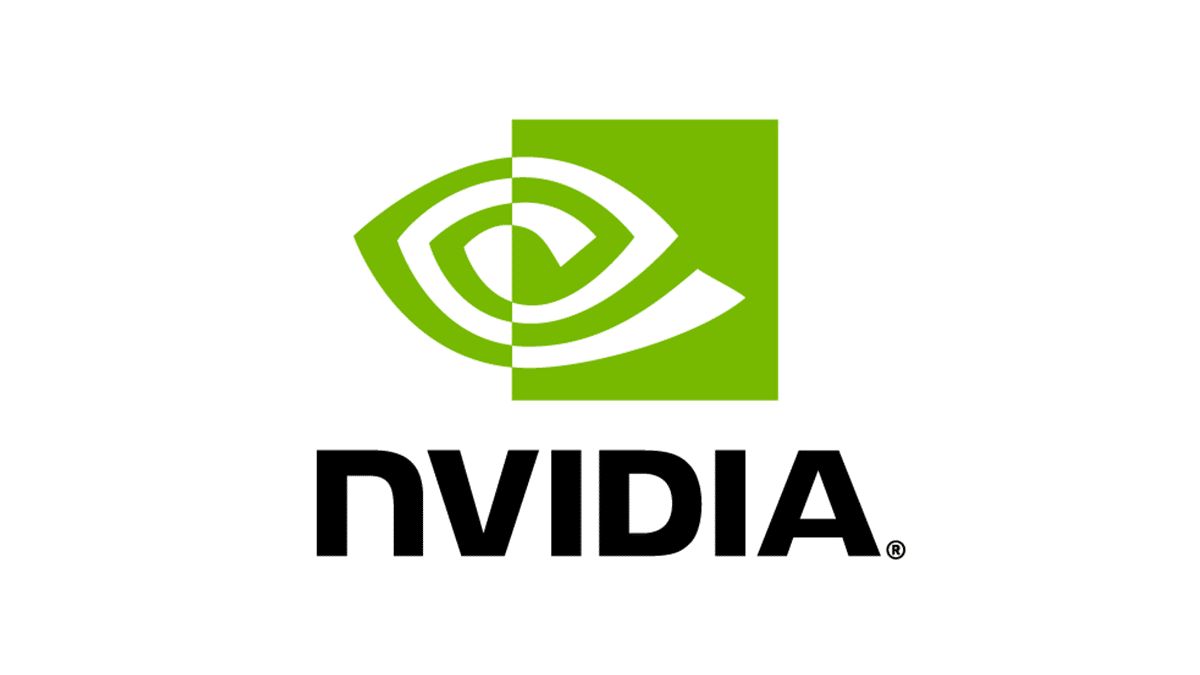A new legislative proposal included in the latest defense spending bill may require leading AI chip manufacturers, such as those producing high-end NVIDIA GPUs, to give U.S. entities priority access over foreign buyers. If passed, this GPU export controls initiative would affect how cutting-edge graphics processors are distributed, particularly during global supply constraints.
What’s Being Proposed?
Known as the GAIN AI Act, the bill targets advanced AI-capable chips by imposing a requirement that U.S. firms, researchers, and universities receive access to the newest GPUs before those components are shipped to overseas customers. The measure is part of the broader National Defense Authorization Act (NDAA), reflecting the growing concern about equitable hardware distribution amid increasing demand.
Why This Matters
Addressing Demand-Supply Imbalance
The global hunger for GPUs, especially those powering AI development, has significantly outpaced supply. By reserving first access for domestic organizations, especially startups and educational institutions, the proposed legislation seeks to strengthen American innovation capabilities.
National Security Considerations
Lawmakers argue that advanced AI chips are dual-use technologies with implications beyond commercial gain, positioning them as critical infrastructure in AI strategy and competitiveness.
Industry Backlash
Not all stakeholders support the move. NVIDIA, in response, dismissed the policy as "doomer science fiction," asserting that global sales fuel innovation and arguing that restricting exports could unintentionally harm U.S. competitiveness.
How It Could Impact the Market
-
Priority Access: Domestic buyers may face shorter wait times and more secure access to the latest GPU models.
-
Global Supply Shifts: Restrictions on exports could disrupt supply chains, especially in regions reliant on cutting-edge hardware for AI research and development.
-
Manufacturing Incentives: The legislation may accelerate domestic chip production investments or localized fabrication strategies.
What Businesses Can Do Now
-
Stay Informed on Policy Changes
Monitor legislative developments related to GPU export controls. Understanding changes early positions you to adapt procurement strategies. -
Explore Alternative Suppliers
In case export restrictions take effect, consider diversifying procurement plans by engaging domestic hardware partners or leveraging cloud-based GPU offerings. -
Prioritize Your Access Needs
Clearly define why and how your organization requires top-tier GPUs. Establish partnerships or documentation demonstrating your role in R&D to strengthen access priority under new policies. -
Review Budget and Inventory Plans
Stock shortages can hit quickly. Planning ahead for potential allocation shifts can help you avoid delays or increased costs.
Final Thoughts
As GPU demand continues to surge driven by AI, gaming, and professional compute workloads legislation like the proposed GPU export controls could reshape how these critical components are allocated. Whether you're a developer, researcher, or IT manager, staying proactive is key.
At Capital Data Service, Inc., we help institutions navigate hardware sourcing challenges whether through direct procurement guidance or scalable cloud solutions. Contact us today to strategize around GPU access and keep your projects moving forward.


